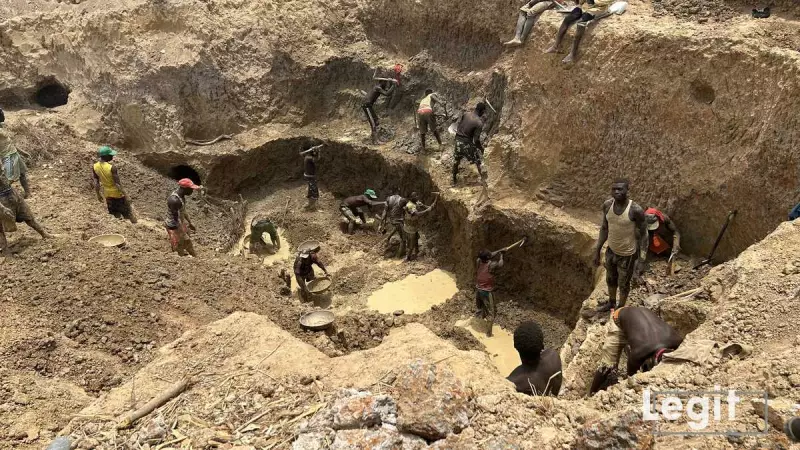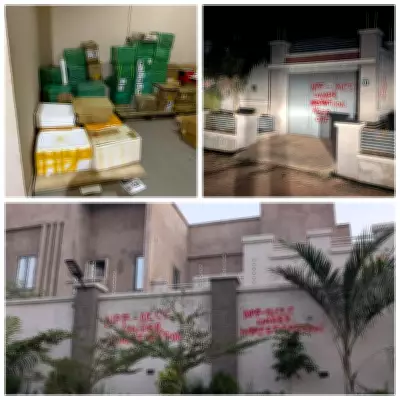
A disturbing connection between illegal gold mining and sophisticated weapons trade is fueling the escalating security crisis in Nigeria's northwest, according to recent investigations. Bandits and terrorist groups are exploiting the region's mineral wealth to arm themselves with deadly precision.
The Deadly Exchange: Gold for Weapons
Security experts and intelligence reports confirm that armed groups operating in Zamfara, Katsina, Kaduna, and other northwestern states have established a sophisticated system where stolen gold is exchanged for high-caliber weapons. This illicit trade has created a self-sustaining cycle of violence that continues to plague the region.
How the System Works
The modus operandi involves multiple layers of criminal activity:
- Bandits seize control of gold-rich territories through violent attacks
- Local populations are forced to work in illegal mining operations
- Stolen gold is transported through complex smuggling networks
- International arms dealers provide sophisticated weapons in exchange
- The new weapons enable further territorial expansion and violence
The Security Implications
This gold-for-arms pipeline has dramatically transformed the capabilities of terrorist groups in the region. What began as localized banditry has evolved into a sophisticated insurgency with transnational connections.
Security analyst Dr. Kabiru Ibrahim explains: "The acquisition of advanced weaponry through gold trade has fundamentally changed the dynamics of the conflict. These groups now possess firepower that in some cases surpasses that of our security forces."
Impact on Local Communities
The human cost of this illicit trade is staggering:
- Mass displacement of rural communities
- Forced labor in mining operations
- Destruction of agricultural livelihoods
- Psychological trauma among affected populations
- Collapse of local economies
Government Response and Challenges
While security agencies have intensified operations against illegal mining activities, the vast and remote nature of the affected areas presents significant challenges. The porous borders with neighboring countries further complicate interception efforts.
Recent measures include:
- Establishment of mining marshals in affected states
- Increased aerial surveillance of mining sites
- International cooperation to track gold smuggling routes
- Community engagement programs to discourage illegal mining
The Way Forward
Breaking the gold-for-weapons cycle requires a multi-faceted approach that addresses both the supply and demand sides of this deadly trade. Experts emphasize the need for:
"Sustainable solutions must combine robust security operations with economic alternatives for vulnerable communities. Without addressing the root causes of poverty and unemployment, we risk creating a vacuum that will be filled by new criminal networks," notes security consultant Aisha Mohammed.
The situation remains critical, with communities across the northwest continuing to bear the brunt of this sophisticated criminal enterprise that trades precious minerals for instruments of death and destruction.





